Does Using AC Burn Gas?
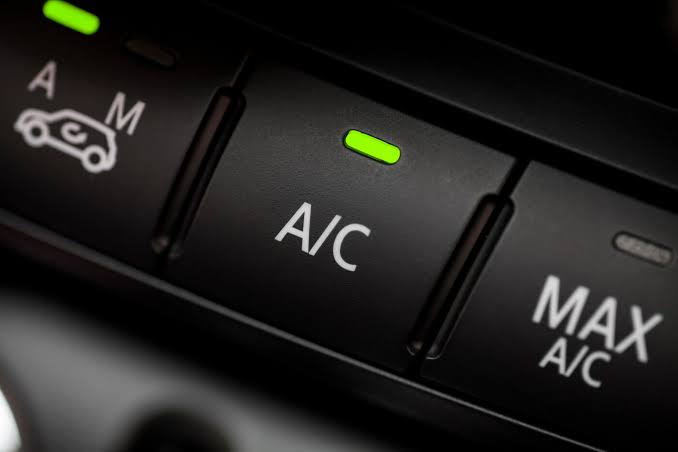
Yes, using your car’s air conditioning (AC) does burn gas. The AC compressor runs off the engine’s power, which means it increases fuel consumption. However, the amount of gas used depends on factors like vehicle type, engine size, and driving conditions.
How Much Gas Does AC Use?
The impact of AC on fuel consumption varies, but in general:
✅ AC can reduce fuel efficiency by 5-15% in normal conditions.
✅ On hot days, fuel usage can increase by up to 25% if AC runs at full blast.
✅ Small engines and older cars see a bigger drop in MPG compared to larger engines.
Why Does AC Burn Gas?
1. AC Compressor Load on the Engine
- The AC compressor is powered by a belt connected to the engine.
- When you turn on the AC, the engine works harder, increasing fuel consumption.
2. Idling with AC On Uses More Fuel
- If you’re stuck in traffic or idling with AC running, fuel efficiency drops.
- Running AC at idle can burn 0.2 to 0.5 gallons per hour.
3. Higher Speed = Lower Impact
- At highway speeds, AC’s effect on fuel economy is less noticeable.
- At low speeds or stop-and-go traffic, AC burns more gas per mile.
Does Rolling Down Windows Save Gas?
🚗 At low speeds (under 45 mph): Rolling windows down is more fuel-efficient than using AC.
🚗 At high speeds (above 45 mph): Open windows create drag, which reduces fuel efficiency—sometimes even more than AC.
How to Use AC Efficiently and Save Gas
✔ Use AC in moderation – Set it to a comfortable level instead of max cooling.
✔ Use recirculation mode – Helps cool the cabin faster and reduces AC strain.
✔ Ventilate first – Roll down windows briefly to let hot air escape before turning on AC.
✔ Maintain your AC system – A clean air filter and properly charged refrigerant improve efficiency.
Final Thoughts
Yes, using AC does burn gas, but the impact depends on driving conditions and vehicle efficiency. If you want to save fuel, use AC wisely, avoid idling with AC running, and consider rolling down windows at low speeds.
Also Check:
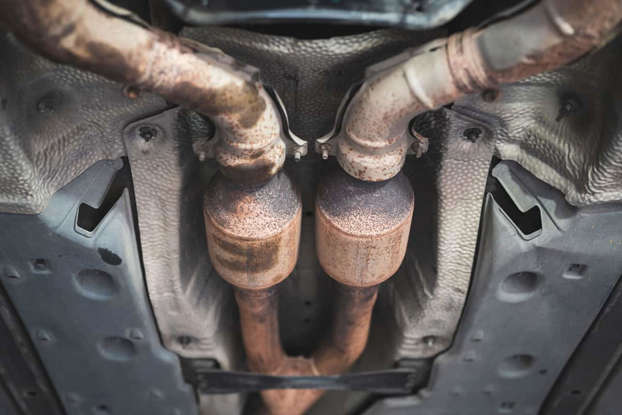
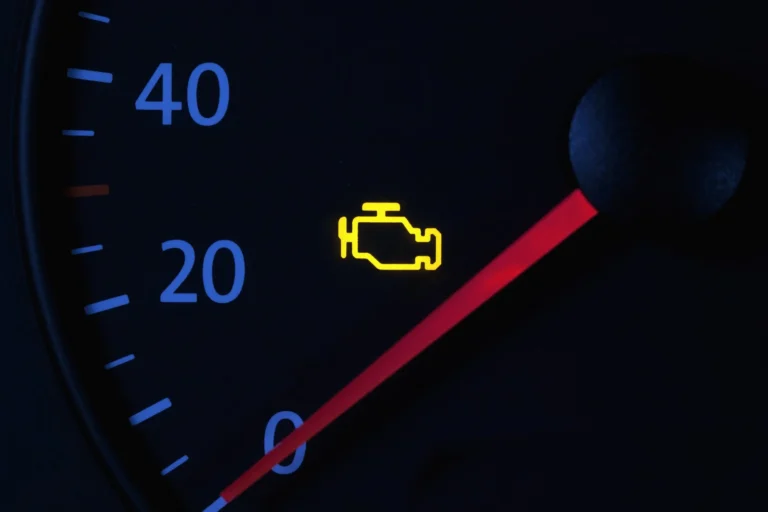
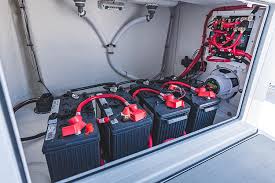

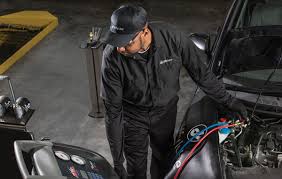
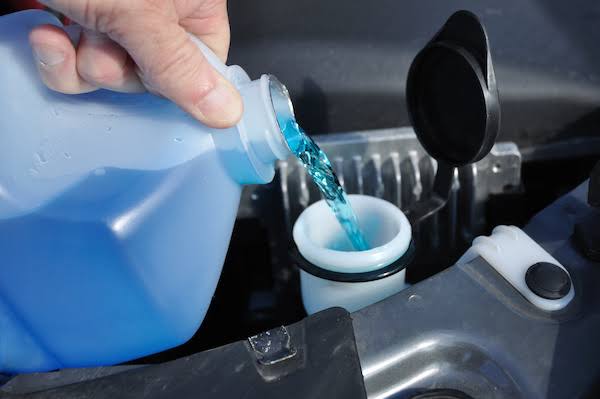
One Comment